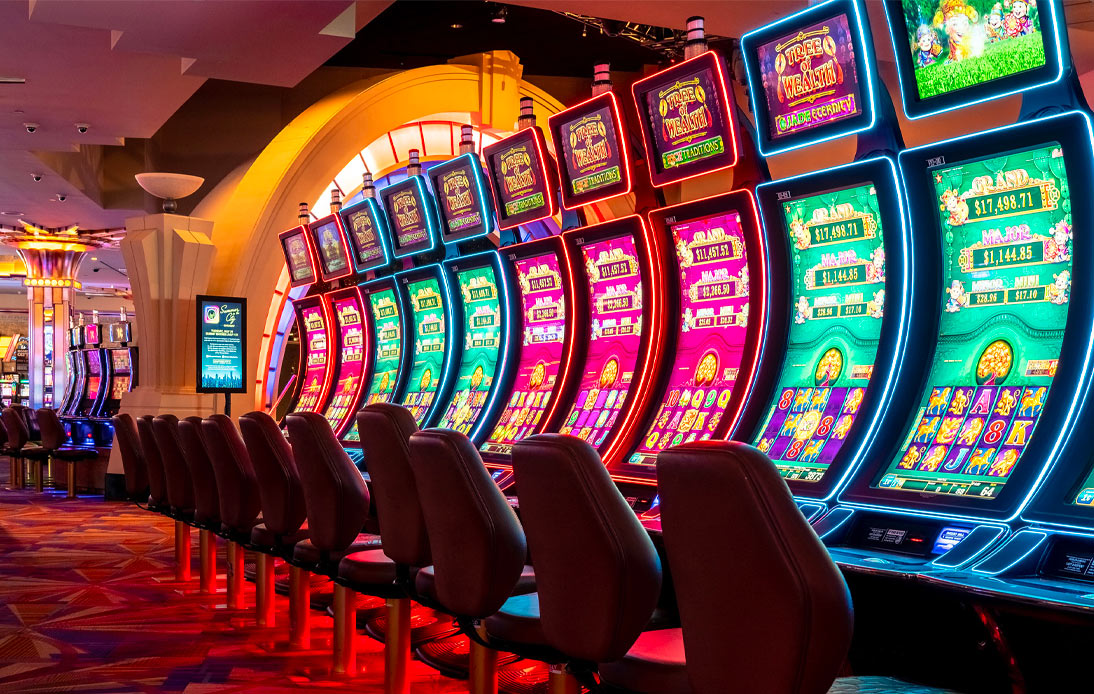
As the global casino industry continues to grapple with uncertainties in Macau, two of the world’s top casino operators, Galaxy Entertainment Group and MGM Resorts International, are forging a strategic plan to potentially establish gambling facilities in Thailand.
These ventures depend on Thailand lifting its legal restrictions on gambling, which industry insiders speculate will happen soon.
Thailand is currently experiencing a leadership transition, yet the notion of a casino resort garnered bipartisan support in the last House of Representatives.
This proposal is expected to receive approval from the new government, which is a promising sign for the casino industry’s expansion.
Galaxy Entertainment Group and MGM Resorts International are meticulously exploring the viability of setting up casino resorts in the country, as per sources who requested anonymity due to the sensitive nature of the information.
Galaxy Entertainment Group, the Hong Kong-based conglomerate owned by billionaire Lui Che-woo, with vested interests in gaming, retail, and hospitality, is additionally considering establishing gaming operations in the United Arab Emirates.
As of now, neither Galaxy nor MGM has made any official statement regarding these expansion plans.
These strategic explorations into new markets reflect the industry’s apprehensions surrounding the deteriorating prospects in Macau, a gambling haven that once raked in six times the gaming revenue of Las Vegas and historically delivered high returns.
However, recent policy shifts by China, encouraging the enclave to transition from gambling to entertainment, have resulted in stricter oversight on gaming activities and high-end gamblers suspected of money laundering.
Although the reopening of China spurred a tourism boom, bringing Macau’s gaming revenue back to around 60% of pre-pandemic levels in May, this resurgence might be short-lived.
With pent-up demand gradually receding and increasing flight availability luring Chinese tourists abroad, a decline in revenues is predicted.
Moreover, it is speculated that it could take years for Macau to introduce enough non-gaming attractions and events to compensate for the reduced spending by VIP gamblers, who traditionally accounted for half of the total gaming revenue.
Hence, with the anticipation that both Thailand and the UAE might legalise casinos in the foreseeable future, operators are gearing up early.
Thailand, a popular tourism hotspot, especially amongst Asian tourists, received a majority of its pre-pandemic tourists from China, accounting for about 28% of the total foreign arrivals, followed by Malaysians and Indians.
The UAE, on the other hand, could potentially rake in an annual gaming revenue of approximately $6.6 billion, and could surpass Singapore, home to the illustrious Marina Bay Sands resort, according to Bloomberg Intelligence analyst Angela Hanlee.
In line with their expansion plans, Galaxy has established offices in both Thailand and the UAE, simultaneously promoting its Macau operations and gathering local insights.
Similarly, MGM, which is poised to manage an entertainment resort in Dubai, has set up a base in Thailand.
Recent developments have seen the likes of Las Vegas Sands Corp express interest in Thailand’s market, while Wynn Resorts Ltd is planning a $3.9 billion “gaming” resort, adding fuel to the speculation of the UAE lifting its gambling ban.
While the financial standing of these companies is robust, any potential expansion would be a strategic move amidst the global unpredictability surrounding the gambling industry.
Whether these new ventures materialise will ultimately depend on forthcoming legal decisions in Thailand and the UAE.





















